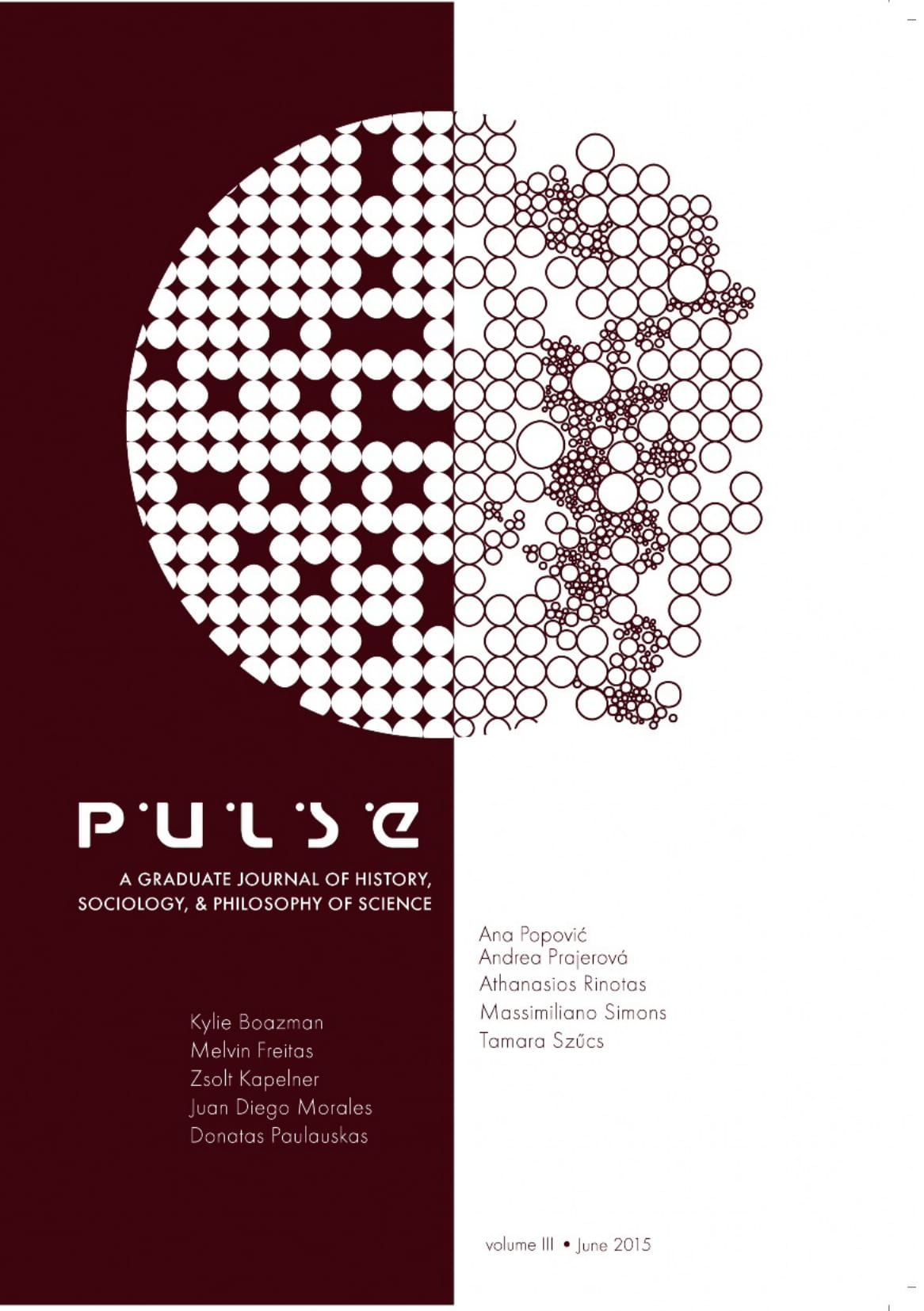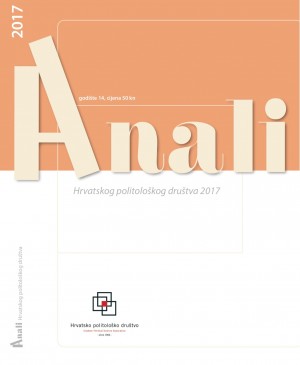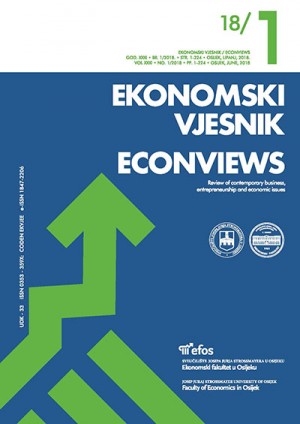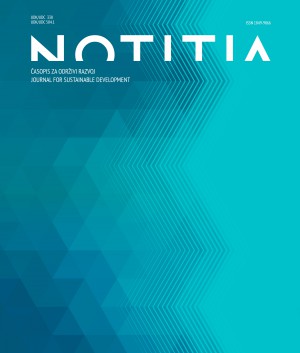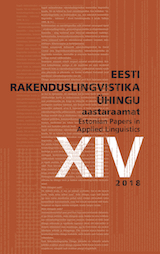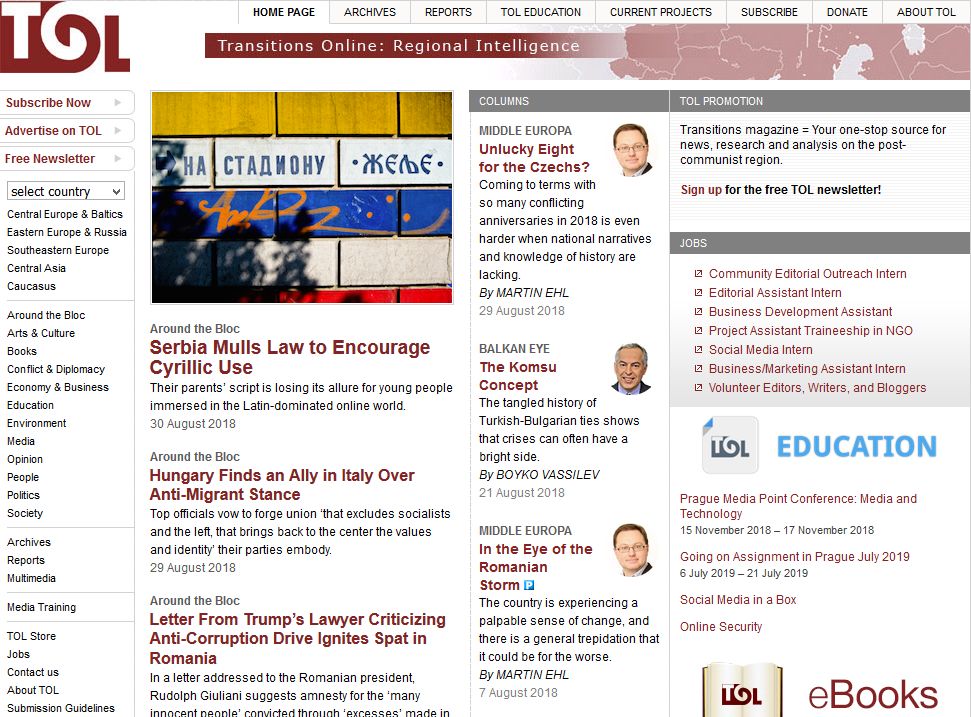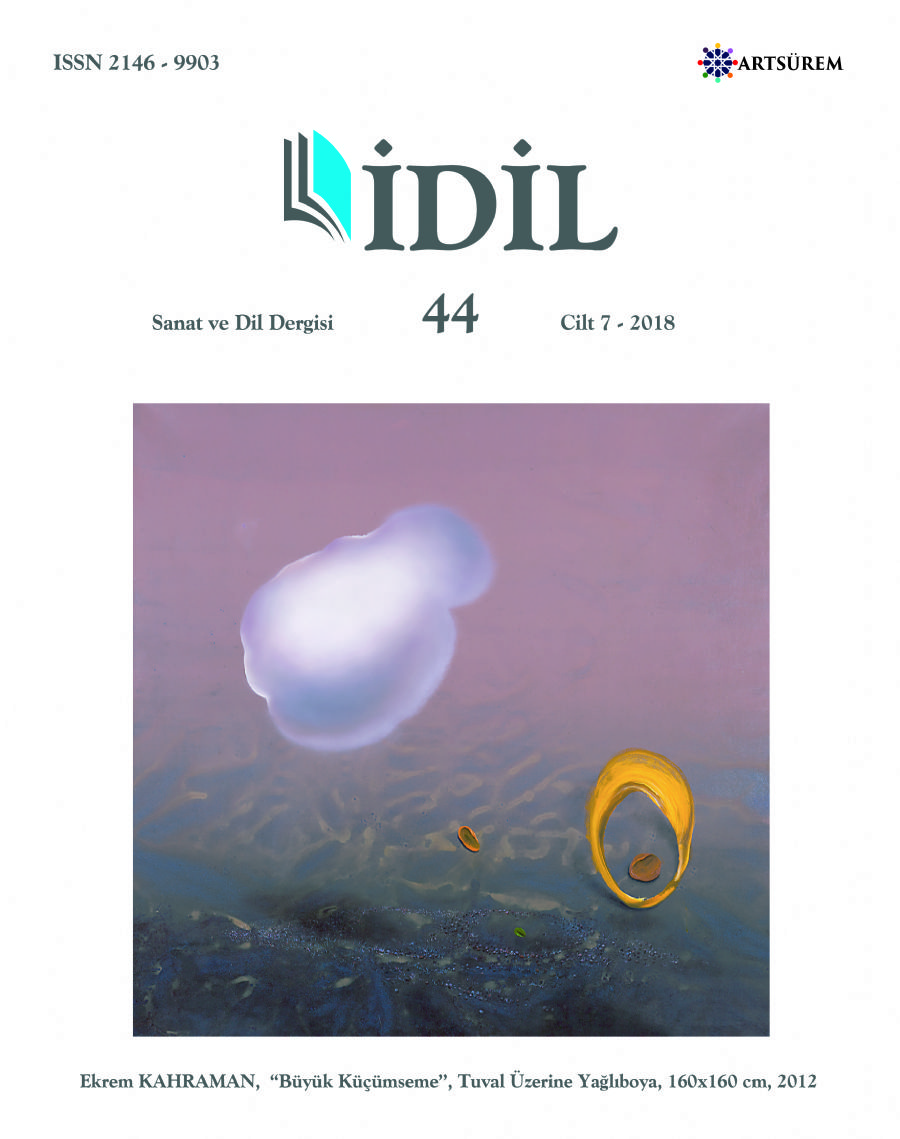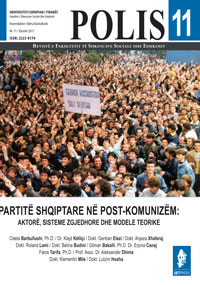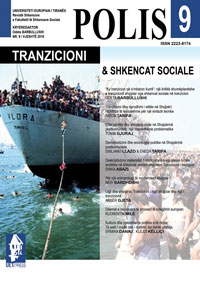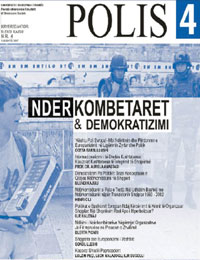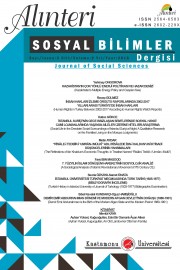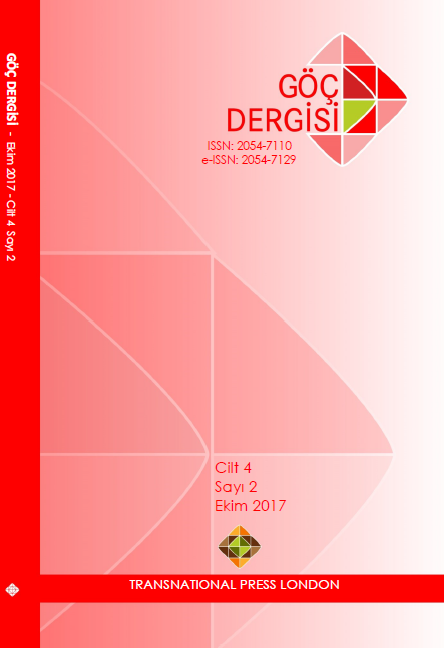Author(s): Emília Sičáková-Beblavá,Gabriel Šípoš,Matej Kurian / Language(s): Slovak
Issue: 2/2011
In the presented study, we analyse corruption in the public sector, anti-corruption policies and the influence of particular actors on these areas during the last two decades. This period of time is evaluated as a quite dynamic time of vivid transformation for the political and economic system. Therefore, analysis and overview of concrete activities by concrete actors in distinct periods of time could reveal interesting outcomes which would demonstrate the reality of the anti-corruption efforts. The study is logically divided into several parts the including introduction and conclusion. In the first chapter, we analyse the development and trend of the corruption rate in Slovakia. The second chapter examines the performance of the last Slovak governments and political parties and movements in the area of curbing corruption. The third chapter analyses the influence of foreign actors (European Union, Council of Europe, OECD, United Nations and foreign embassies) in their activities to fight corruption in Slovakia. The last chapter evaluates the performance and activities of the Slovak non-governmental institutions with reference to anti-corruption politics.The analysis of the afore-mentioned areas brings, as mentioned above, compelling results. Firstly, we show that the level of corruption in Slovakia has, on a macro level, a declining tendency. The extent of corruption in different areas of public sector influence has changed during the last two decades, however, in distinct manners. Another conclusion proves that different Slovak governments approached the fight against corruption differently. This finding is based on the examination of real anti-corruption steps implemented by particular Slovak governments which tried to address this agenda, at least, on a declarative level. We detect two main approaches. The first one is the pro-reform approach of the two Dzurinda's governments and the second is the personal approach of both the third Mečiar's and Fico's governments. In another finding, we argue that the ethical standards of politicians' behaviour have been gradually tightened up as is demonstrated in the study. With reference to the influence of foreign actors to fight corruption in Slovakia, we suggest that external actors can serve as sources of inspiration, legitimacy, know-how and financing for the proposals of reforms and their implementation. However, individual influences differ due to the distinctiveness of particular actors. With reference to this, the European Union has been perceived as having an outstanding influence on anti-corruption policies.The last finding reveals the influence of non-governmental organizations on the given agenda in Slovakia. It demonstrates the gradual establishment of NGOs which devote themselves to this agenda actively as being either exclusively specialized on the anti-corruption area or as sectional NGOs.
More...
